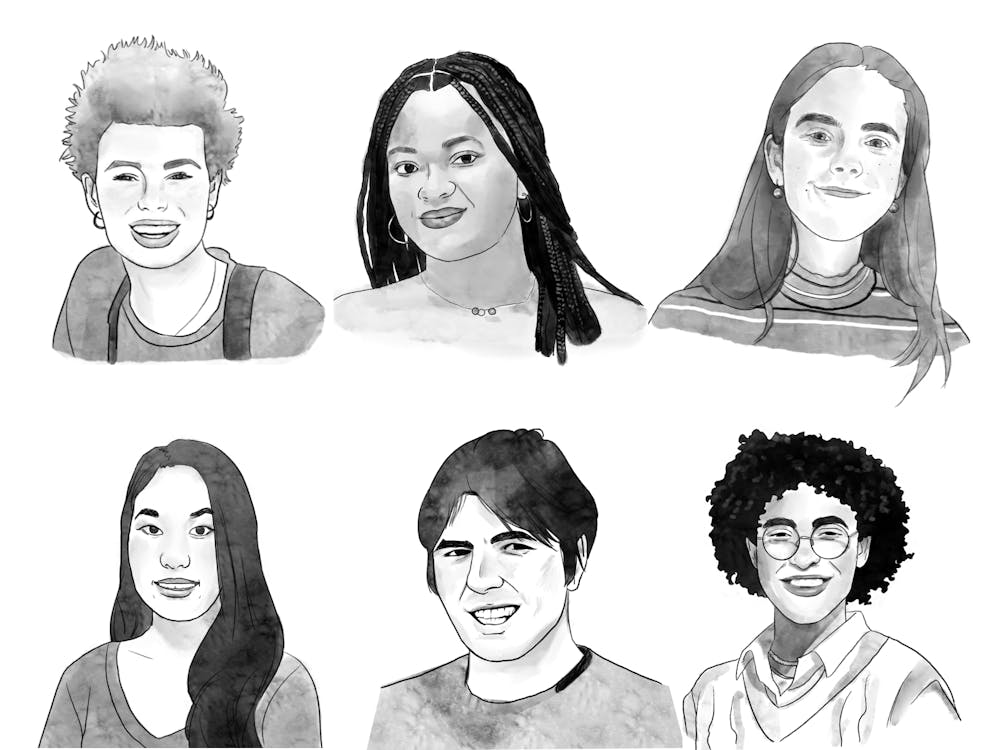This past year,the most prevalent statistic for college campuses across the country was the suicide rate — a number that has been re-calculated time and time again.In the past week alone, the LA Times, the Boston Globe and campus newspapers across thecountry have reported increasing rates of student suicides and the accompanying demand for more psychological services. The University and the Princeton student body have similarly voiced concerns about the culture around stress, depression and suicide on campus, along with the establishment of student organizations such as the Mental Health Initiative and the in-development Peer Connections program. It’s clear that students want to be more sensitive to this issue — after all, no one wants to be unhelpful or unsympathetic to friends who reach out for help. However, few of us are equipped to help in the correct way.
Recently, I attended the Princeton Distress Awareness & Response (PDAR) workshop, hosted by Counseling and Psychological Services (CPS). Dr. Calvin Chin, Director of CPS, advised attendees about how to sensitively approach someone exhibiting signs of distress or depression. This included asking open-ended questions, taking an affirmative stance while speaking to them, being able to tolerate silence within the discussion, using and reflecting the speaker’s own descriptions of his or her depression rather than projecting our own interpretations and validating his or her emotions.
However, the most surprising moment for many of us was when we were asked the question, “Should you ask if your friend has had suicidal thoughts if they’ve told you they’re depressed?” For some of us, the answer seemed intuitive. Others had never had to deal with this situation and figured that we’d know when the time came. Either way, no one was entirely sure. The answer, apparently, is yes.
“It’s always best to be direct about questions such as suicide,” said Dr. Chin. “If the person has not thought about suicide, they’ll let you know and if they have thought about it, they might be relieved to finally have someone ask them the hard question.” That asking about suicide will “put that thought in their head” if it wasn’t there before is simply a misconception. Rarely do people not want to get better. Therefore, asking the hard question, regardless of what their answer is, shows that you acknowledge the seriousness of their depression and are willing to receive whatever response they give you, even if it might be an uncomfortable subject. The dialogue around mental health needs to move away from the attitude that it’s the depressed individual’s responsibility to make the subject pleasant or convenient for the listener. While the listener should prepare for the conversation and preferably consult a psychological services professional beforehand, even an inelegant discussion is better than none at all.
In many circumstances, as the classmates, friends and neighbors of students who may be struggling with mental health issues, we’re the front line. We’re the first people that our friends and classmates will approach before reaching out to other resources or even their parents. We’re often the first ones to recognize signs of distress or depression in our fellow students, perhaps even before an RCA, counselor or professor. This means that it’s our societal responsibility to care about how we deal with the topic of mental health as much as being informed about and actively intervening in situations involving sexual harassment or dangerous behavior such as binge drinking.
The University requires students to complete the online module AlcoholEdu before we begin classes during our freshman year and to attend orientation seminars on topics such as sexual assault, plagiarism and verbal harassment. However, there have been no early mental health awareness programs during our freshman year. For many students about to start their freshman year, the thought that the next four years could be the most emotionally trying and pressured years of their lives might not yet be on their minds. For many, freshman year is so rough because expectations don’t match reality. Therefore, introducing concepts such as mental health and the resources associated with it can make all the difference to students early on.
According to Dr. Chin, informing students about mental health will be a major goal in preparation for the coming year’s incoming freshmen. CPS will be carving out time to speak with students about the services available, as well as to provide messages of encouragement and to reinforce the message that it’s advisable to reach out for support when needed, as part of freshman orientation this coming fall.
Student bodies at Princeton and other campuses have exhibited initiative and a deep concern toward issues of mental health in terms of reaching out to students who might be struggling with stress and pressure. Hopefully, with further development of resource outreach programs and with more openness in conversations surrounding depression and suicide, students will feel comfortable enough seeking help for themselves as well.
Isabella Gomes is an ecology and evolutionary biology major from Irvine, Calif. She can be reached at igomes@princeton.edu.









